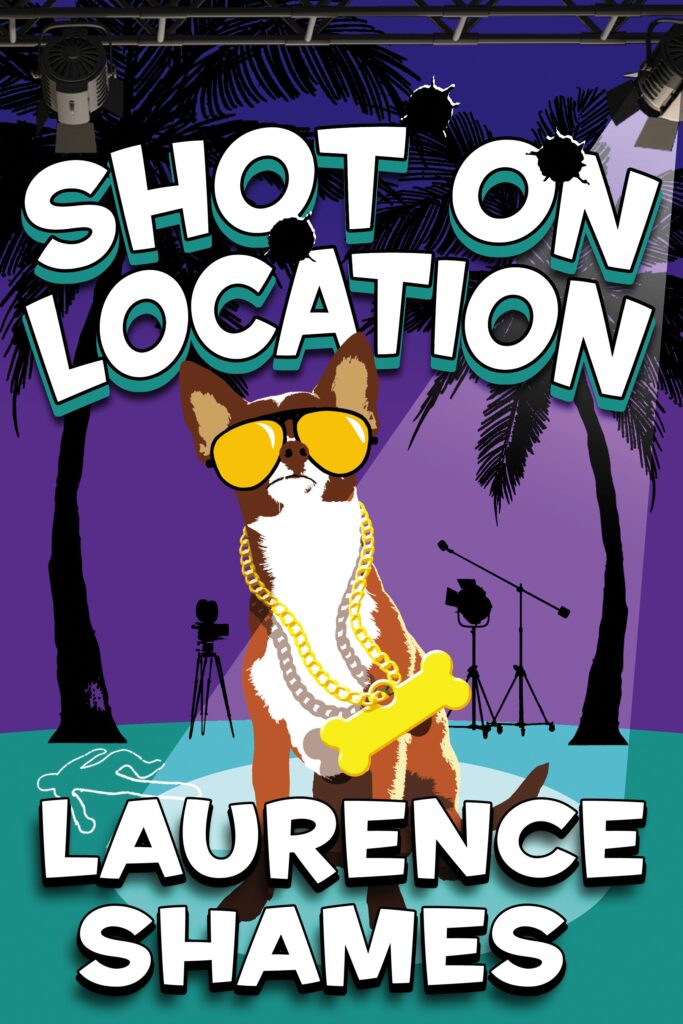Call me a sap—I like happy endings.

I don’t mean the sort of lazy, sloppy, unearned happy endings that one often sees in bad films and romance novels, as for instance when a rich uncle leaves a windfall inheritance or an improbable twist suddenly makes everything all right. I mean the sort of hard-won happy endings in which the good intentions and honest strivings of believable characters are finally rewarded. It’s not enough that David defeats Goliath. For the outcome to have meaning, we need to understand David’s fear and self-doubt; we need to see him grappling with and overcoming those things. That’s the real victory; the conquest of Goliath is an inevitable follow-up, almost an afterthought. Similarly, it’s not enough that the boy gets the girl (or the boy; spin it any way you like). What gives the outcome resonance are the hurdles and timidity and mistrust that have kept them apart along the way. Again, the true victory lies in becoming ready—in this case to love and be loved; the climactic kiss—as fulfilling and necessary as it is–is a little like the trophy ceremony for a tournament you’ve already won.
Personally, I don’t see why anyone would bother to write a book that didn’t have a happy ending. I mean, writing a book is a helluva lot of work, and a good, solid happy ending—the kind that brings not just a smile but a contented exhalation–is part of the payoff, for the writer no less than for the reader. I understand, of course, that some authors (probably more ambitious and highfalutin than myself) see this differently, believing that novels should more closely mirror the messiness, nastiness, and injustice of real life. As a recovering literature major, I’ve heard this argument many times. It has never yet convinced me. If novels don’t turn out more pleasantly and fairly than real life often does, then why bother writing them or reading them?
When I sat down to write Shot on Location—my new Key West novel, for which (can we talk?) this little essay is a very thinly veiled advertisement—I knew from page one that the story would turn out happily. This is not a spoiler. My books always turn out happily—they’re comedies, after all–and I want the reader to know that from the start. Because a central part of my storytelling strategy lies in exploiting a paradox that’s been around since storytelling began: On the one hand, I want to create suspense, complication, conflict, uncertainty; on the other hand, I want to give the reader the serenity and the peace of mind of knowing that somehow it will all come right.
Somehow—but how? Answering the how question is what takes up all those pages between page one and the epilogue. It’s also what determines whether the ending feels earned and satisfying or just tacked on.
The protagonist of Shot on Location is a ghostwriter. This is a synonym for a frustrated novelist and an underdog. His happy ending can only be the rediscovery of his bolder, freer, more creative side, and along with those things, his self-respect. But to get there he has to solve a rather complicated mystery, fend off various thugs and madmen, stoke his courage to approach the woman of his dreams, and, maybe most difficult of all, persuade himself that he is worthy of real success. In short, he puts everything, up to and including his life, on the line to earn his happy ending—and I hope the reader feels the same sort of peace, reassurance, and quiet vindication that I did when that ending has been reached.